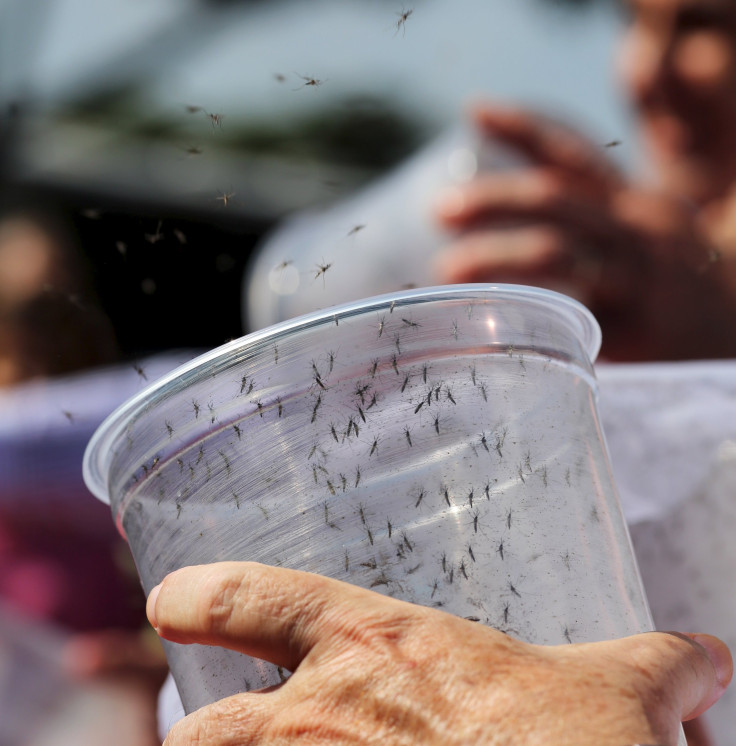Researchers Find A Way To Convert Disease Causing Female Mosquito Into Harmless Male

Female mosquitos which are responsible for transmitting diseases like dengue, yellow fever, chikungunya and malaria can now be rendered harmless by switching their sex, suggest researchers from Fralin Life Science Institute at Virginia Tech. They have identified a gene in the mosquitos which can transform it from the dangerous disease-causing females to harmless males. Female mosquito relies on human blood as a source of nourishment for her developing eggs and while sucking the blood it transfers the disease-causing parasite or virus into the human blood. The researchers are of belief that if the ratio of females is reduced, so will the transmission of the disease.
According to the new study published in the journal Science Express, a genetic switch called Nix that underlies the difference between males and females has been identified by the scientists in Aedes aegypti mosquitoes, a vector for yellow fever viruses along with dengue and chikungunya viruses as well. They injected this gene into the embryos of the mosquito and found that over two-thirds of the female mosquitoes developed male genitals and testes. Also, with the use of genetic manipulation technique known as CRISPR-Cas9, it was observed that removal of Nix led to development of female genitals in male mosquitoes.
The researchers, through their study, have come to the conclusion that these findings will provide the foundation for developing mosquito control strategies by selectively eliminating deadly females and converting it into harmless males. Zhijian Jake Tu, professor of biochemistry, College of Agriculture and Life Sciences, and a Fralin Life Science Institute affiliate, says, "Nix provides us with exciting opportunities to harness mosquito sex in the fight against infectious diseases because maleness is the ultimate disease-refractory trait."
Aedes aegypti, an invasive species of mosquito, has its origin in Africa. It was in the 1700s where it first began to spread around the world. This species is a major public health concern because of the fact that it is highly adaptive to human environments and is responsible for transmitting disease-causing pathogens to humans. In a concluding note, Zach Adelman, associate professor of Entomology, College of Agriculture and Life Sciences, and a Fralin Life Science affiliate, says, "We're not there yet, but the ultimate goal is to be able to establish transgenic lines that express Nix in genetic females to convert them to harmless males."
To contact the writer, email:ruchira.dhoke@gmail.com






